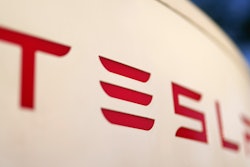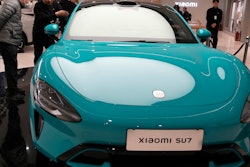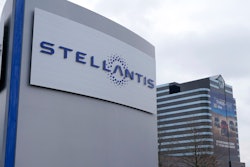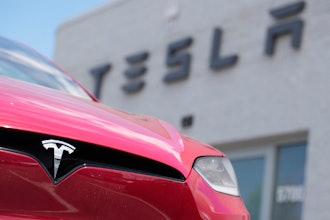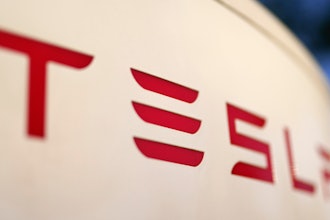Self-driving cars will be on the move in Michigan this summer, but not on public roads: the University of Michigan is setting up its own mock city, the Mobility Transportation Center (MTC), to test the way autonomous cars behave in real-world scenarios.
The faux city, essentially a wirelessly connected, life-sized toy car environment, was created by the university in partnership with the United States government and leading technology companies. It will test both the in-vehicle components and exterior infrastructure needed to make self-driving and environment-aware vehicles common and convenient on the road.
The MTC, known by the nickname “MCity,” is a 32-acre facility which will include realistic street configurations such as buildings, complex crossroads, highways and elevated roadways on which to test autonomous driving and vehicle-to-vehicle communication. A series of wireless transceivers installed both inside the vehicles and on road fixtures all around them will enable the vehicles to send information to and from one another, as well as to and from their environment.
In total, 26 companies have partnered up for the University of Michgan’s initiative. Technology solution company Brandmotion will provide logistical support and strategic input throughout the testing, with a focus on OEM (original equipment manufacturer) development and aftermarket applications.
“If we are going to be living in a world where vehicles talk to other vehicles, the aftermarket will play a critical role,” said Jeff Varick, president and founder of Brandmotion. “Otherwise, it will take much longer to achieve any kind of critical mass, and that’s what V2V requires.”
Brandmotion will help the university researchers integrate Mcity’s wireless systems with existing in-vehicle displays, sensors, and networked systems. The company already has experience integrating aftermarket technology with OEM fixtures: its Authentic OEM line of driver safety systems are designed to be easily incorporated into existing wiring and fixtures. In addition, the company has demonstrated familiarity with wireless transfer and contemporary vehicle technology with FreedomCharge, a Qi-based wireless cell phone charging system for use inside cars.
The ultimate goal of the MCity project is to have a viable autonomous vehicle network in southeast Michigan by 2021.





